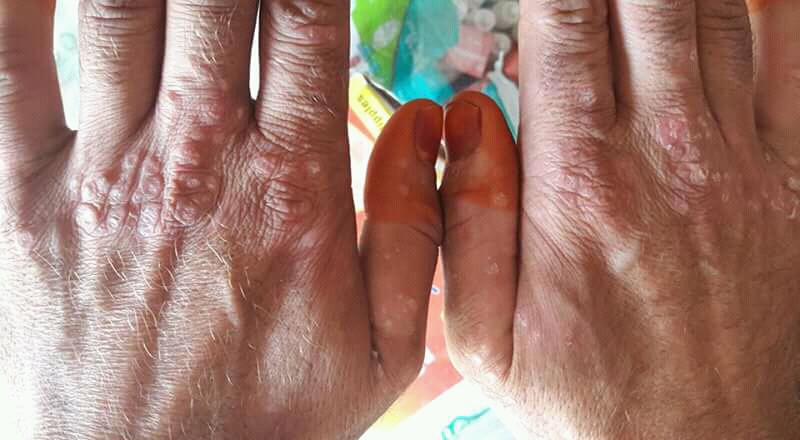Learn Everything You Need to Know About Plaque Psoriasis

Mild: Plaques only cover 2% of the body at most.
Moderate: Plaques can cover anywhere from 3% to 10% of a person’s skin.
Severe: Plaques affect more than 10% of the body’s surface area.
According to the findings of this study, genes associated with persistent inflammation may play a role in the development of severe psoriasis. Psoriasis is also linked to cardiovascular disease, diabetes, and obesity. Psoriatic arthritis affects at least 15% of patients with plaque psoriasis.
Psoriasis sufferers also have an increased chance of acquiring inflammatory bowel diseases, including Crohn’s and ulcerative colitis. The good news is that plaque psoriasis is not fatal, but the bad news is that it can be a very unpredictable disorder, according to the experts. A person’s quality of life can suffer if they experience repeated relapses.
Plaque psoriasis can be brought on by a variety of factors.
With plaque psoriasis, the immune system inappropriately targets healthy skin cells. Skin becomes inflamed and flaky as a result of this. New cell layers accumulate and generate scaling that is both irritating and silvery in color.
Between 21 and 28 days are the typical time frame for the creation of new skin cells. Plaque psoriasis, on the other hand, shortens this interval to once every four to seven days.
Although genetic predisposition is a factor, the exact mechanism by which the immune system becomes activated to attack healthy cells remains unclear. Research on the link between genes and the environment is ongoing.
What sets off plaque psoriasis flare-ups?
Everyone with plaque psoriasis experiences it slightly differently. The following are some potential precipitating factors: psychological factors such as stress and anxiety; physical factors such as skin cuts or scrapes; infectious diseases; pharmaceutical factors such as medications; environmental factors such as high humidity and temperature; ingested substances such as alcohol or tobacco.
Methods for Avoiding Recurring Attacks
Understanding what sets off an attack is crucial for avoiding further episodes. Plaque psoriasis has no cure. However, the following measures can help alleviate symptoms.

